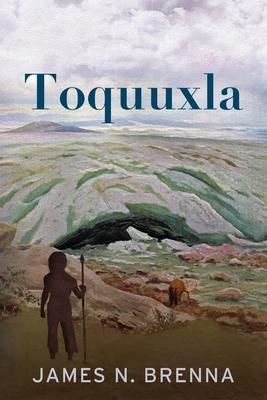If one has conquered nature, tamed nature, overcome and survived nature, changed, altered, or disturbed nature, one has
accomplished nothing except to debase nature.
However, when one can walk quietly through nature, observe it and leave it undisturbed, one has honored and loved nature.
At the end of the last ice age, Toquuxla is the first human to walk into a land without people-a land that today is called Montana. After a great flood destroys his home village, suffering from wanderlust and struggling to understand both the natural world and the world of humans, Toquuxla journeys alone into a new world. He plunges through icy rivers, crosses glaciers, and navigates a wild, tempestuous landscape, living among-and hiding from-the mammoths, American lions, camels, giant ground sloths, and other now-extinct creatures that once walked the continent. Awestruck by the landscape, Toquuxla delights in his freedom and solitude, questioning all traditional thinking-rejecting the idea that nature is there to serve humankind and accepting that it may, ultimately, kill him. He feels companionship with the beasts trying to survive in these difficult wilds; likewise, he finds goodness in humans, though they too may prove dangerous to him.
Though he wishes his cherished land could remain as it is, Toquuxla knows more people are coming. They will not leave this world untouched, and neither it, nor he, will ever be the same.
